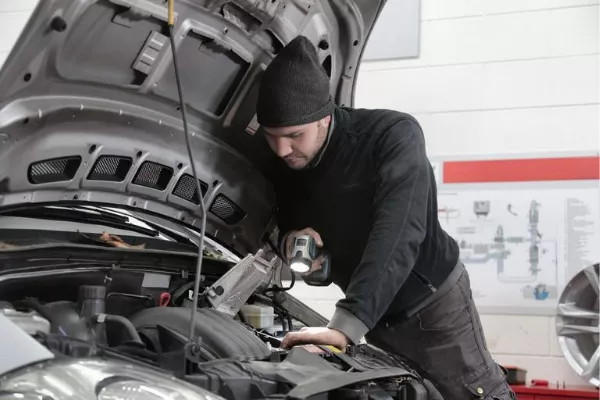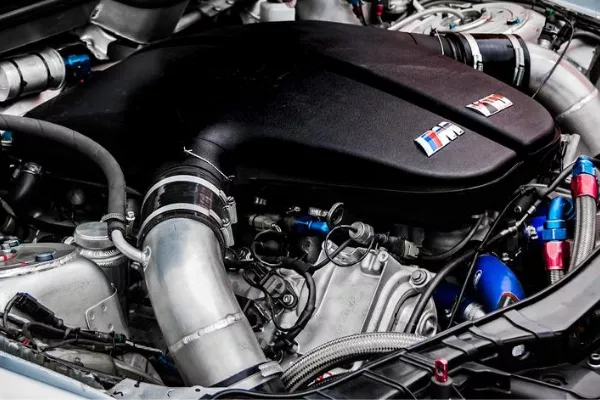Water is precious to humans. A human body can survive for more than three weeks without food but it can’t last that long without water. The same theory goes for internal combustion engine vehicles. Well, sort of. Your car’s engine, like your body, needs water or fluids to deliver optimum performance. If you take your car’s fluids for granted, you’re most likely to suffer the culprit of expensive repair fees. With that in mind, is it safe to use water as a car radiator coolant? Let’s find out.

Prevent your car's engine from overheating
First of all, internal combustion engine vehicles generate a high temperature as you drive your car out. If you don’t have enough coolant in the radiator, there’s a high probability that your car’s engine will overheat and could blow up as a worst-case scenario.
You certainly don’t want this to happen to you and your car. As such, it’s best to make it a habit of checking your car’s fluids at least once or twice a week to ensure that your car has the right amount of essential stuff.

Check your car's fluids on a regular basis
>>> Related: How to flush car radiator: Simple hacks save your car
So, speaking of fluids, is it safe to use water as a car radiator coolant? The quick answer to that is it depends and here’s why. Technically, it is not recommended to use water as a car radiator coolant since water boils fast, and with the engine temperature in the equation, your car’s radiator could go steaming hot.
You might argue that using water gets the job done and prevents your car’s engine from overheating. Well, it’s time to drop that habit. Water will evaporate in time, which will leave your car more susceptible to overheating issues especially if you’re the type of motorist that doesn’t do regular fluids check.
Moreover, don’t use tap water for your vehicle as it has minerals that will leave harmful deposits and corrode your car’s radiator.
If you’ve been using tap water for a time now, stop it as it will cause damage to your car’s overall cooling system due to the buildup of calcium and magnesium. Use water as a coolant in emergencies like when the engine temp is suddenly rising while you’re out on the road. But, it is recommended to use distilled water.
Again, don’t use tap water. As a precaution, it’s best to have at least six liters of distilled water in your car, which will be handy in case your car overheats.
>>> Related:
- Symptoms of a bad or failing water pump in cars
- Distilled water vs Coolant: Which is the best product for your radiator?

You should fill up your car’s radiator with the right coolant
>>> Related:
- Car's overheating with full coolant: What's wrong?
- 3 symptoms of a bad radiator cap & replacement cost
The best thing to do to ensure optimum engine temperature is by using coolant or antifreeze. Engine coolants in the market today have been developed to regulate your car’s engine while at the same time preventing harmful deposits that cause corrosion. You should fill up your car’s radiator with the right coolant by referring to your vehicle’s owner manual.
Now, you can add distilled water only after you have placed a coolant or antifreeze in your car’s radiator. Why add water suddenly, right? Well, the mixture of water and coolant/antifreeze yields a more efficient heat transfer within the car’s cooling system. As a result, your car’s engine temperature will be at a more optimum level.
So, what’s the right level of water and coolant/antifreeze mixture? The default mixture for places with cold temperatures is a balanced mix of 50-50 to prevent the water in the system from freezing. You wouldn’t want to have a frozen car, right? In the Philippines, it’s a different case since we’re a tropical country. As such, car owners in the Philippines may go for a mixture of 20 percent (coolant) and 80 percent (distilled water). You can also opt to use a proportion of 10-90 coolant and distilled water.
Visit Philkotse.com to read more car care tips, news, reviews, and more.
Recent posts
- Everything you need to know about D.I.Y. washer fluids Apr 15, 2020
- 10 procedures every car owner should regularly do Aug 09, 2022
- Step-by-step guide to check and replace a failing car radiator Nov 30, 2022
- Basic care tips for car radiator that every driver should know Aug 17, 2022
- Distilled water vs Coolant: Which is the best product for your radiator? Mar 06, 2021











